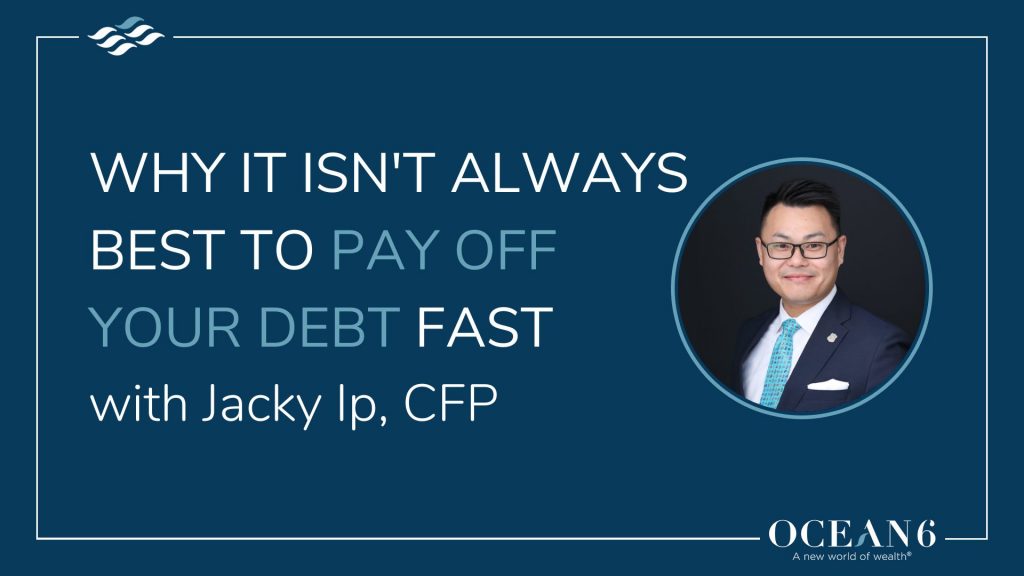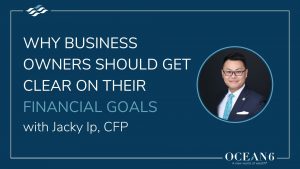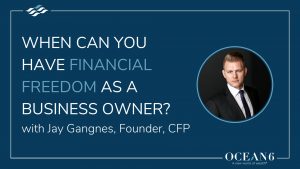Hey, business owners: Do you pay yourself a higher salary than you need simply to qualify for a mortgage? A common misconception is you need to pay yourself a higher income in order to qualify for a mortgage. But when you own your own company and you’re paying yourself, that just isn’t true.
Recently, a close friend and now client came in with a primary goal in mind: to qualify for a mortgage. Kim is 36 and owns a plexiglass manufacturing company. After going through Kim’s cash flow, we determined she only needed $85,000 per year for her personal expenses. However, prior to meeting with Kim, she was paying herself a salary of $180,000 per year, all because she wanted to get a mortgage to buy a house.
What do you need to qualify for a mortgage?
So, what’s the solution? Find a mortgage broker or lending institution that will take your personal AND business financials into consideration to qualify you for a mortgage. (More on that in a minute)
In Kim’s case, we were able to reduce her $180,000 salary to a $100,000 dividend, saving her $43,000 a year in personal taxes. And she still qualified for a mortgage!
So, if you’re paying yourself a high salary simply to qualify for a mortgage, stop.
Instead, start paying yourself only what you need in the form of a dividend.
Salary vs. dividend
One of the benefits of owning a corporation is the ability to pay yourself either with:
- dividends
- a salary; or
- a combination of the two
Paying yourself a salary is an expense for your corporation. This expense has the benefit of reducing your corporation’s taxable income, and in turn, reducing the amount of corporate taxes you have to pay.
On the other hand, shareholders can be paid with dividends from the corporation’s after-tax earnings. While this doesn’t reduce the taxable income, it has benefits for the shareholder when it comes to tax time thanks to dividend tax credits.
To sum it up, paying yourself a salary from your corporation helps you save on corporate taxes but you end up paying higher personal taxes. Dividends mean lower personal taxes and a corporate tax break.
Of course, the right choice is different for every business owner. But if you intend to qualify for a mortgage, there are plenty of good reasons to explore paying yourself with a dividend rather than wages.
(Speaking of taxes and business owners, here are five ways to use your corporation to invest and save taxes)
How to qualify for a mortgage as a business owner
Now, back to finding a mortgage broker or lending institution that will take both your personal and business financials to qualify you for a mortgage.
(Qualifying for a mortgage is just one important topic for business owners. Click here to read: How Should Business Owners Be Paying Down Debts?)
When you meet with these brokers or institutions, you can give yourself the best chance of being approved by showing up prepared. What does that mean? For starters, have this information ready:
- Business financial statements from the last two years as well as personal T1 general tax returns, each prepared by an accountant
- Your business license documentation
- The previous three years’ Notice of Assessment and proof of your taxes being up to date. If you have outstanding taxes due, pay these before you try to qualify for a mortgage.
- Current cash flow documentation from your bank (this may not be necessary, but certainly helpful!)
- Corporate bank statements illustrating current cash flow. (Again, these statements are not necessary, but it is a great document to have handy)
- Bank statements from at least the previous six months
You may have some hurdles to jump when you attempt to qualify for a mortgage as a business owner, but it’s entirely possible. The team at Ocean 6 is here to help you explore all of the options that will put you on the path to a brighter financial future. Book a call today.
Watch the video on this strategy
Did you learn a lot from this post? Here are three to read next:












